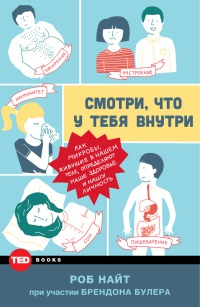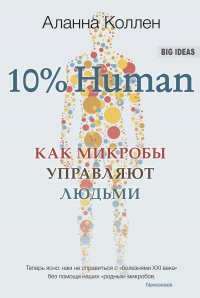Книга Второй мозг: Как микробы в кишечнике управляют нашим настроением, решениями и здоровьем - Эмеран Майер
На нашем литературном портале можно бесплатно читать книгу Второй мозг: Как микробы в кишечнике управляют нашим настроением, решениями и здоровьем - Эмеран Майер полная версия. Жанр: Книги / Медицина. Онлайн библиотека дает возможность прочитать весь текст произведения на мобильном телефоне или десктопе даже без регистрации и СМС подтверждения на нашем сайте онлайн книг knizki.com.
Шрифт:
-
+
Интервал:
-
+
Закладка:
Сделать
Перейти на страницу:
Перейти на страницу:
Внимание!
Сайт сохраняет куки вашего браузера. Вы сможете в любой момент сделать закладку и продолжить прочтение книги «Второй мозг: Как микробы в кишечнике управляют нашим настроением, решениями и здоровьем - Эмеран Майер», после закрытия браузера.
Книги схожие с книгой «Второй мозг: Как микробы в кишечнике управляют нашим настроением, решениями и здоровьем - Эмеран Майер» от автора - Эмеран Майер:
Комментарии и отзывы (0) к книге "Второй мозг: Как микробы в кишечнике управляют нашим настроением, решениями и здоровьем - Эмеран Майер"
























